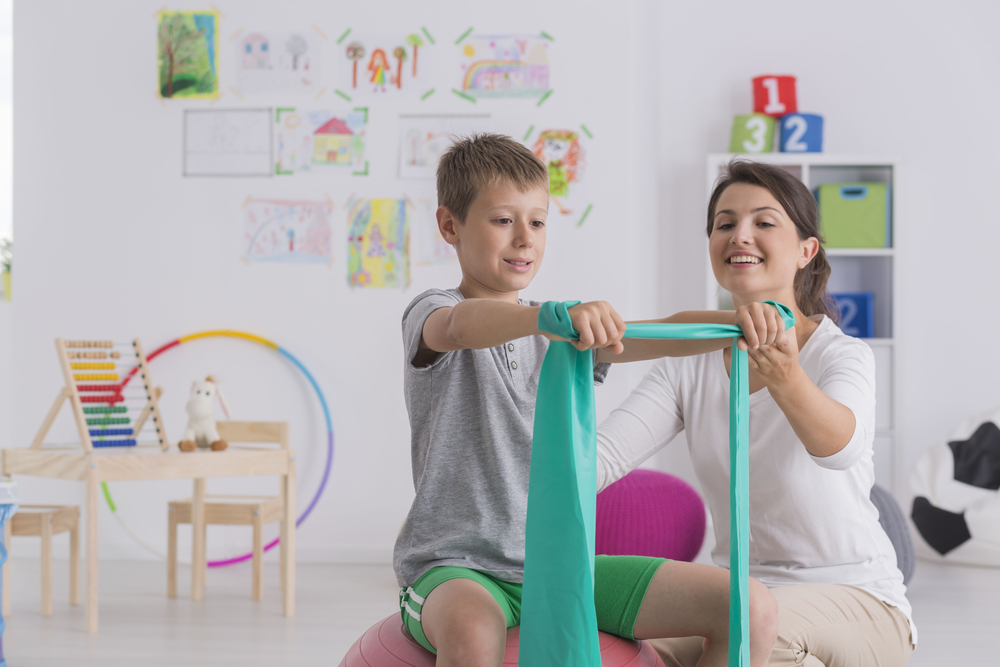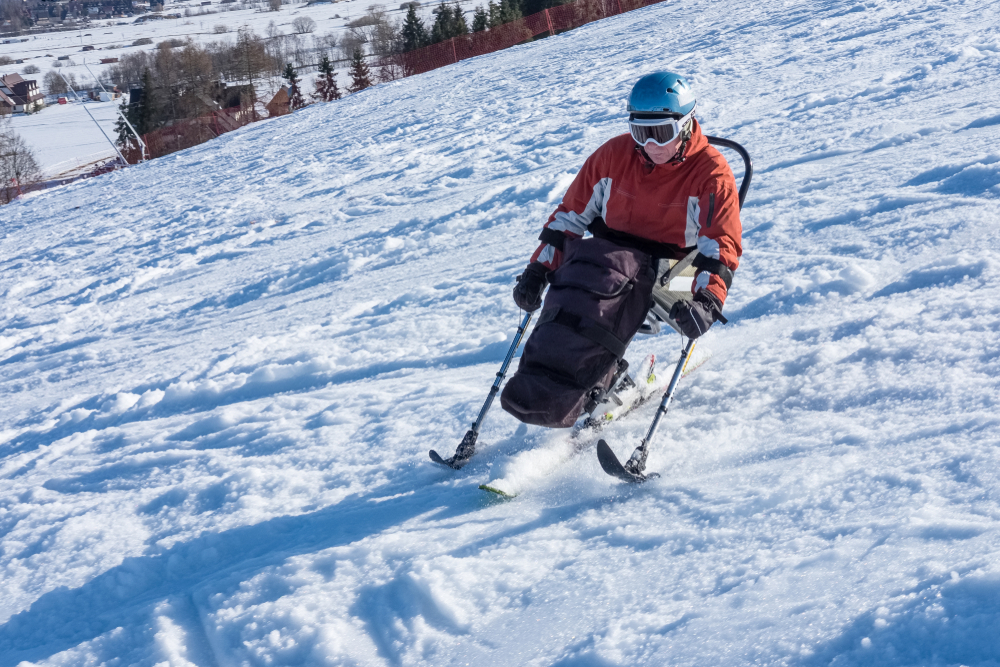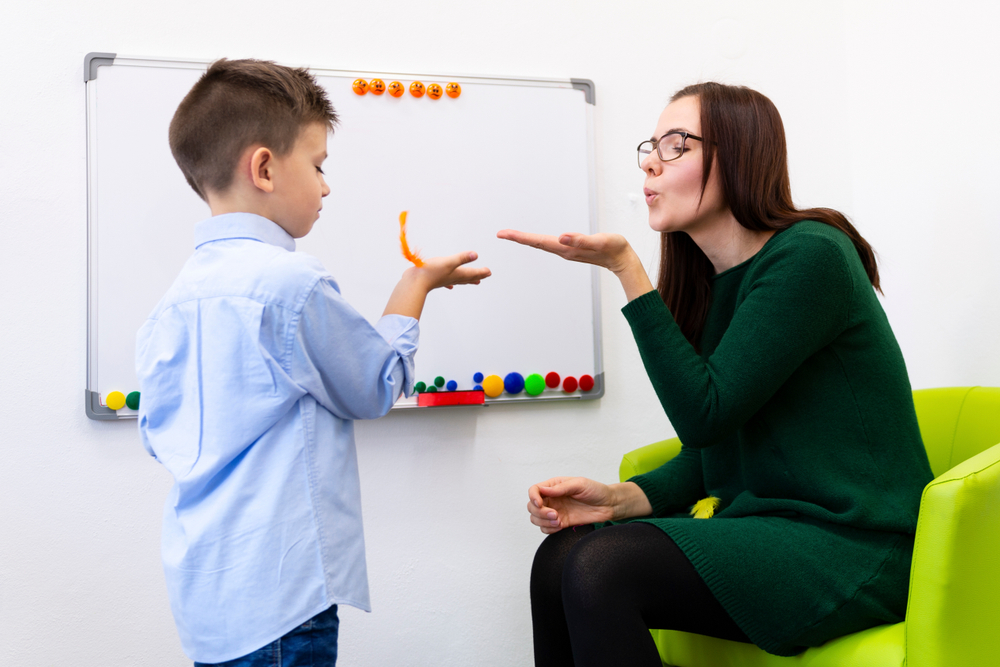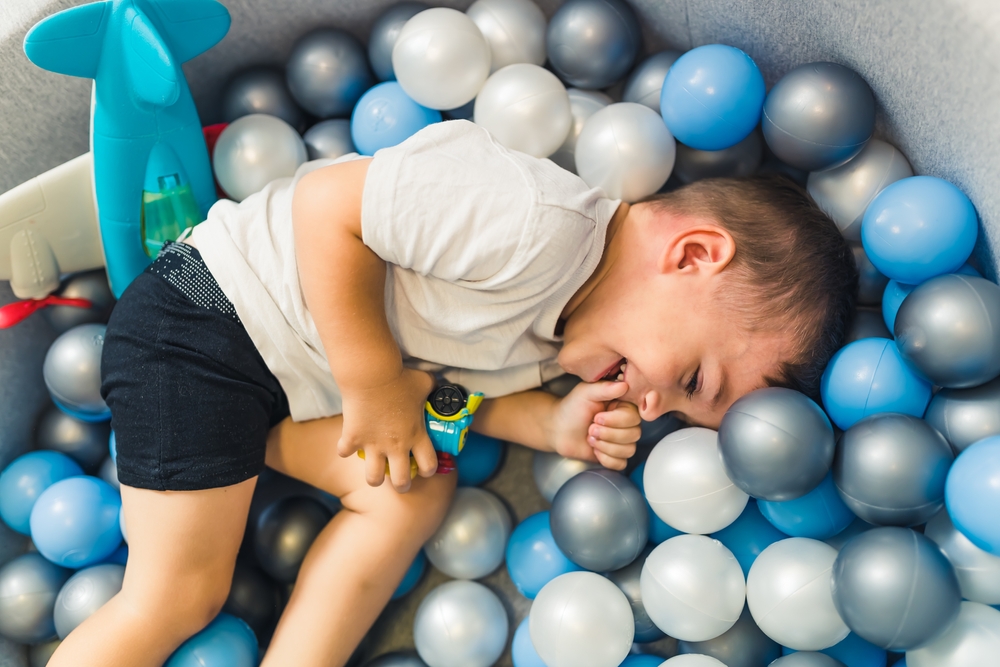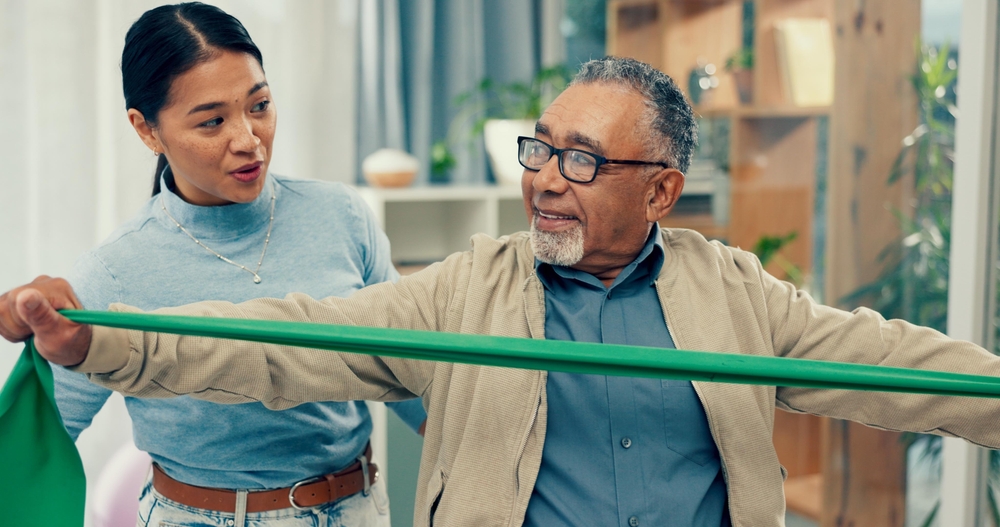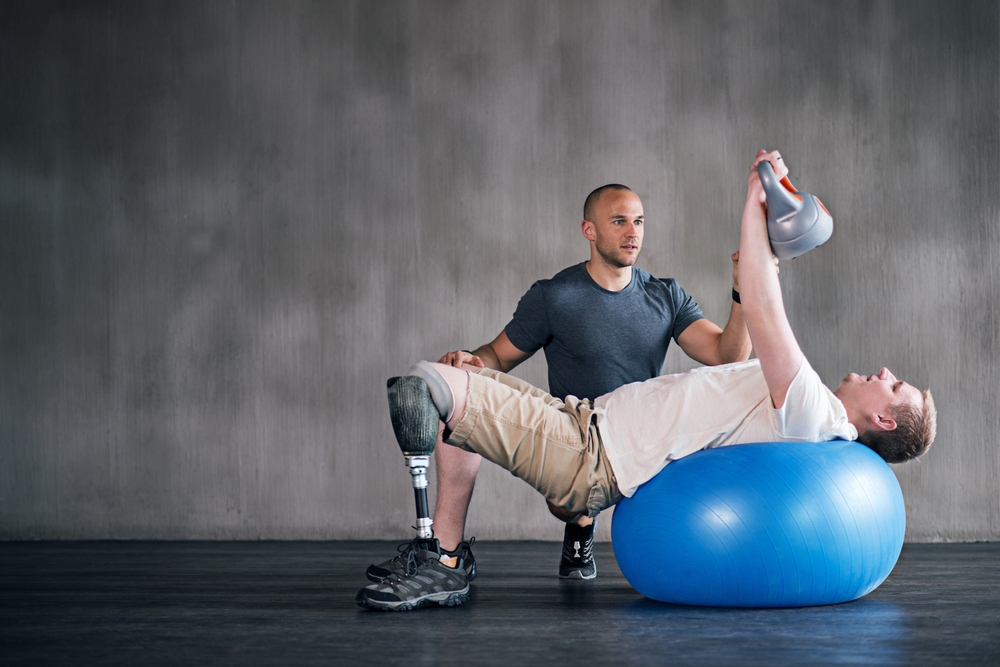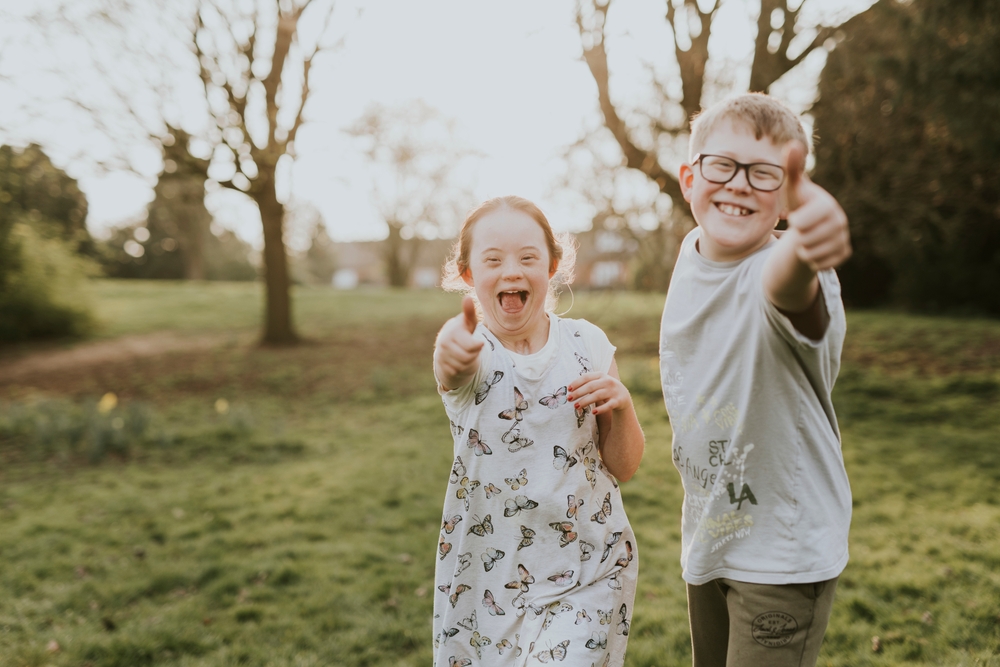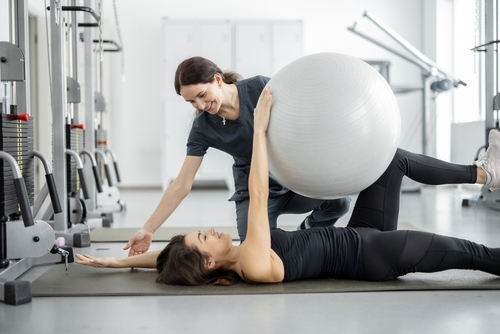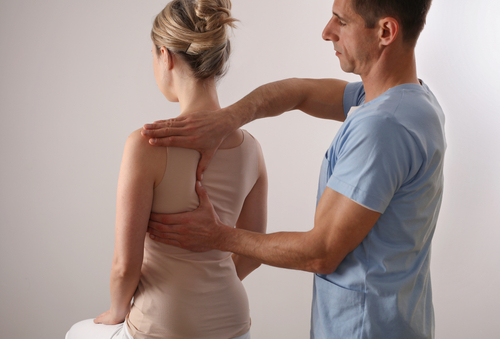Make an Appointment
Good posture is important for people of all ages, but it is especially critical for school-aged children. Poor posture in children can have a significant impact on their physical health, as well as their mental and emotional well-being. With children spending more time than ever sitting in front of screens and carrying heavy backpacks, it's no wonder that many are experiencing posture-related issues. In this article, we will discuss the common causes of bad posture in children, the impact of poor posture on child development, and the benefits of seeking professional help from Physio Inq paediatrics physiotherapy services in correcting posture issues.
We will also provide tips for parents to help improve their child's posture at home, as well as an overview of posture-promoting activities in preschool programs. Lastly, we will discuss the signs and symptoms of poor postural control in children, the various postural difficulties that children may face, and the most common postural deformities.
Table of Contents
I. Introduction
II. What causes bad posture in children?
III. What are the common postural defects in school children?
IV. Can a physiotherapist fix posture?
V. How can I correct my child's posture?
VI. What is posture activity for preschool?
VII. What are the signs of poor postural control in children?
VIII. What are postural difficulties in children?
IX. What are 5 common postural deformities?
X. How can I improve my child's postural stability?
XI. Conclusion
What causes bad posture in children?
There are many factors that can contribute to poor posture in children. Some of the most common causes include prolonged sitting, incorrect backpack usage, lack of physical activity, and poor ergonomic setup in the classroom. When children spend long hours sitting in front of screens, whether it be for virtual learning or leisure time, they are at risk for developing poor posture habits. This is because sitting for extended periods of time can cause children to slouch and round their shoulders, which can lead to imbalances in their muscles and spine.
Incorrect backpack usage can also contribute to poor posture in children. When backpacks are too heavy or worn improperly, they can cause children to hunch forward and strain their neck and shoulders. Over time, this can cause damage to their spine and lead to chronic pain and discomfort.
In addition to promoting good posture habits, parents can also help their children by choosing the right school bag. As Physio Inq's blog explains, a poorly designed or overloaded backpack can contribute to poor posture and even lead to back pain and spinal injuries. By following their tips for choosing the right school bag, parents can help ensure their children are carrying their books and supplies in a way that minimizes the risk of postural problems.
When combined with physiotherapy and posture-promoting activities, choosing the right school bag can be an important part of supporting children's postural health and development.
it's important for parents to be aware of the hazards of improper backpack use. In a related blog article on school bag hazards, we also delve into how overloaded backpacks can put excessive strain on a child's developing spine and muscles, leading to postural problems and back pain. By avoiding these common hazards and following their tips for proper backpack use, parents can help reduce the risk of postural issues in their school-age children.
Lack of physical activity is another major contributor to poor posture in children. Children who are not active are more likely to have weak muscles and poor muscle tone, which can affect their posture. Additionally, children who spend most of their time indoors or sitting are less likely to develop the motor skills needed for good posture.
Can a physiotherapist fix posture?
a physiotherapist can fix posture issues in children through a variety of techniques, including exercises, stretches, and hands-on manual therapy. Physiotherapists are experts in identifying and treating postural problems, and they can help children improve their posture by addressing the underlying causes of their poor posture.
During a physiotherapy session, the physiotherapist will conduct a thorough assessment of the child's posture and identify any areas of muscle weakness or imbalance. They will then work with the child to develop an individualized treatment plan that may include exercises to strengthen weak muscles, stretches to improve flexibility, and manual therapy techniques to release tension and improve joint mobility.
In addition to these techniques, a physiotherapist can also provide guidance on proper ergonomic setup in the classroom and at home, as well as proper backpack usage. By addressing all of these factors, a physiotherapist can help children improve their posture and prevent future posture-related problems. When it comes to correcting bad posture in school-age kids, working with a paediatrics physiotherapist can make a significant difference. At Physio Inq, we have team of in clinc, in home & mobile experienced physiotherapists that are trained to assess postural issues and develop personalized treatment plans that address the underlying causes of these problems.
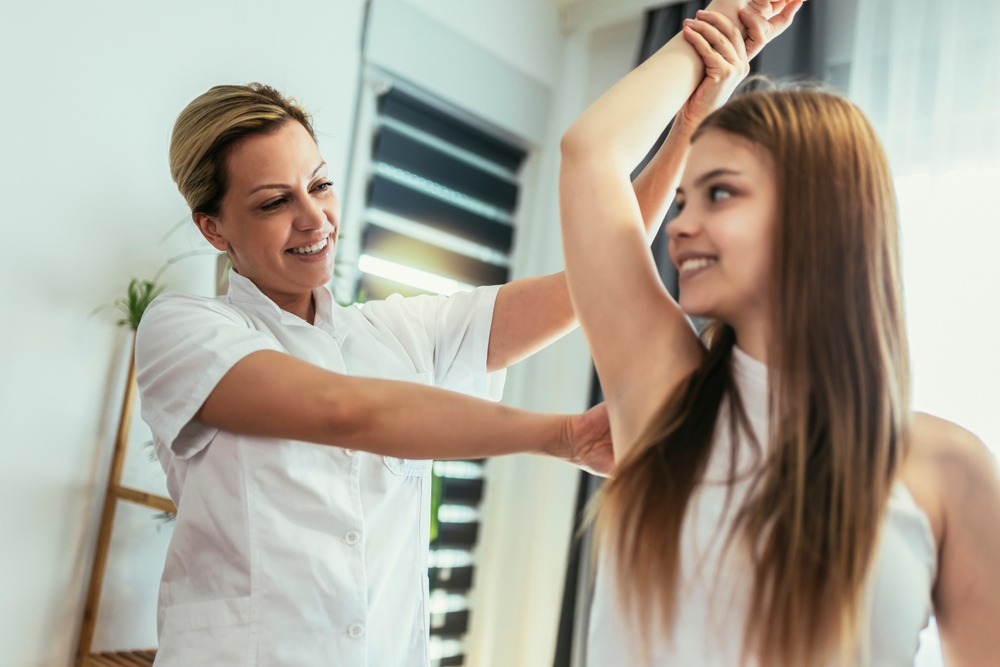
How can I correct my child's posture?
In addition to seeking professional help from your local physiotherapy clinic or in home & mobile physiotherapist there are several things that parents can do at home to help improve their child's posture. Here are a few tips:
Encourage regular physical activity: Physical activity is essential for promoting good posture in children. Encourage your child to participate in sports, dance classes, or other activities that promote movement and strength-building.
Promote good screen habits: Make sure your child takes regular breaks from screens, and encourage them to sit up straight and maintain good posture while using electronic devices.
Choose the right backpack: Make sure your child's backpack fits properly and is worn with both straps over the shoulders. Avoid backpacks that are too heavy or worn on one shoulder.
Encourage good posture habits: Remind your child to sit up straight, keep their shoulders back, and avoid slouching or hunching forward.
Provide a posture-promoting environment: Make sure your child's workspace is set up ergonomically, with a comfortable chair and proper lighting.
What is posture activity for preschool?
Posture-promoting activities can be incorporated into preschool programs to help children develop good posture habits at a young age. Some examples of posture activities for preschoolers include:
Yoga: Yoga poses that promote good posture, such as mountain pose and tree pose, can be taught to preschoolers.
Dance: Dancing can help promote good posture by encouraging movement and strength-building.
Obstacle courses: Obstacle courses that require children to crawl, jump, and balance can help improve their core strength and posture.
Stretching: Simple stretches, such as reaching for the sky or touching toes, can help improve flexibility and promote good posture.
By incorporating these activities into preschool programs, children can develop good posture habits at a young age, which can benefit them throughout their lives.
What are the signs of poor postural control in children?
Poor postural control can manifest in a variety of ways in children. Some common signs include:
* Slouching or hunching forward while sitting or standing
* Rounded shoulders
* Forward head posture
* Swayback
* Uneven hips or shoulders
* Poor balance or coordination
* Chronic pain or discomfort
If you notice any of these signs in your child, it may be time to seek professional help from a physiotherapist.
What are postural difficulties in children?
Postural difficulties in children can manifest in various ways, including poor muscle tone, muscle weakness, or muscle imbalances. These issues can cause postural deformities, pain, and discomfort, and may affect a child's overall physical development. For instance, if a child has weak postural muscles, they may struggle to maintain a stable, upright position, leading to slouching or other postural compensations. Similarly, if a child has muscle imbalances, such as tightness in some muscles and weakness in others, this can affect their overall posture and movement patterns.
To address these difficulties, parents can seek out the expertise of a paediatrics physiotherapist at Physio Inq. The physiotherapist will conduct a comprehensive assessment to identify any postural issues and develop a customized treatment plan to address these concerns. This may involve exercises to strengthen weak postural muscles, stretches to release tight muscles, or other interventions as needed.
By working with a paediatrics physiotherapist at Physio Inq, parents can help their children improve their posture and prevent further postural difficulties. Moreover, addressing these issues early on can have long-term benefits for a child's overall physical health and wellbeing.
What are 5 common postural deformities?
Postural deformities in children are relatively common and can occur for various reasons. Some of the most common postural deformities include scoliosis, kyphosis, lordosis, forward head posture, and rounded shoulders.
Scoliosis is a condition where the spine curves sideways, leading to an uneven waist or shoulders. It can range from mild to severe and may require medical intervention, such as bracing or surgery, depending on the severity of the curve. Scoliosis is a condition that affects the spine and can range from mild to severe. As Physio Inq's blog explains in another helpful article, "Is Scoliosis Considered a Disability in Australia? What You Need to Know," scoliosis can lead to physical limitations and even disability if left untreated. In our blog post, "Scoliosis: What Is It and How Can You Avoid It?" we dive deeper into the causes and prevention of scoliosis. Depending on the severity of the curve, medical intervention such as bracing or surgery may be necessary to correct scoliosis and prevent further damage.
Kyphosis is a condition where the upper back is rounded, leading to a hunched appearance. Mild cases of kyphosis can often be addressed through physiotherapy exercises to improve posture and strengthen the upper back muscles. However, severe cases may require medical intervention, such as bracing or surgery.
Lordosis is a condition where the lower back curves inward excessively, leading to a swayback appearance. In some cases, this may be a normal variation of posture, but excessive lordosis can lead to discomfort and back pain. Exercises that strengthen the abdominal and back muscles can help improve posture and reduce lordosis.
Forward head posture is a common postural problem, especially in children who spend extended periods looking down at screens or books. This posture involves a protruding chin and a head that is positioned forward of the shoulders. It can cause neck pain and stiffness, as well as headaches. Exercises to strengthen the neck and upper back muscles, as well as stretches to release tight chest muscles, can help correct forward head posture.
Rounded shoulders involve a posture where the shoulders are hunched forward, which can lead to discomfort and neck and shoulder pain. This posture can be caused by weak upper back muscles and tight chest muscles. Physiotherapy exercises can help improve posture by strengthening the upper back muscles and releasing tension in the chest muscles.
Conclusion
If you're concerned about your child's posture or suspect they may have a postural deformity, don't wait to seek help. Physio Inq offers specialized paediatrics physiotherapy services to address postural difficulties and improve postural stability right throughout Australia. Contact us today to book an appointment and take the first step towards a healthier, pain-free life for your child. Alternatively, you can speak directly to one of our support team members over the phone on 1300 731 733.
Labyrinthine Clubfoot
In addition to the topics above, it is important to briefly discuss the condition of labyrinthine clubfoot, which is a postural deformity that affects infants. This condition is characterized by an abnormal inward rotation of the foot and ankle, which can lead to problems with walking and mobility if not addressed early on.
Physiotherapists can play a crucial role in treating labyrinthine clubfoot, using a combination of exercises, stretches, and other manual therapy techniques to help correct the foot and ankle position and promote proper development. If you suspect that your child may have labyrinthine clubfoot or any other postural deformity, it is important to seek professional help from a physiotherapist as soon as possible.
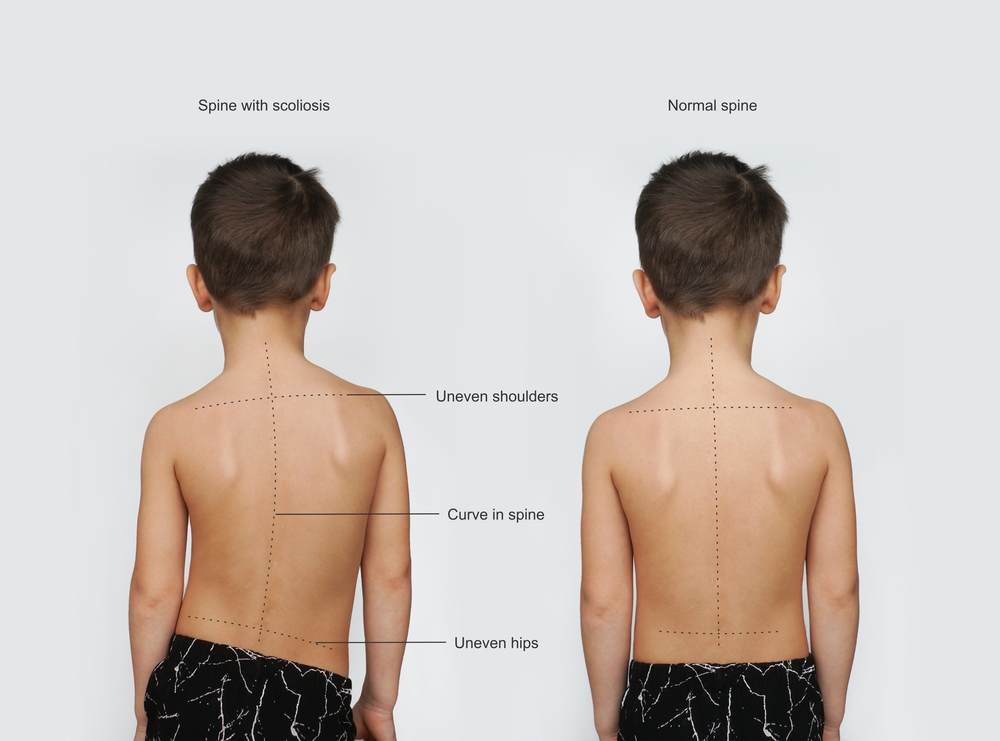
Date Published: Tuesday, March 14, 2023
Locate a Paediatric Physiotherapy
Service Near me
Get the experience & convinence you deserve to support your or a loved one's allied health needs.
Our Paediatric Physiotherapy team are currently serving & taking appointments in the following states and regions in Australia:
Need to get into direct contact with ur Client Services team? We're all ears. Call our team directly on 1300 731 733
